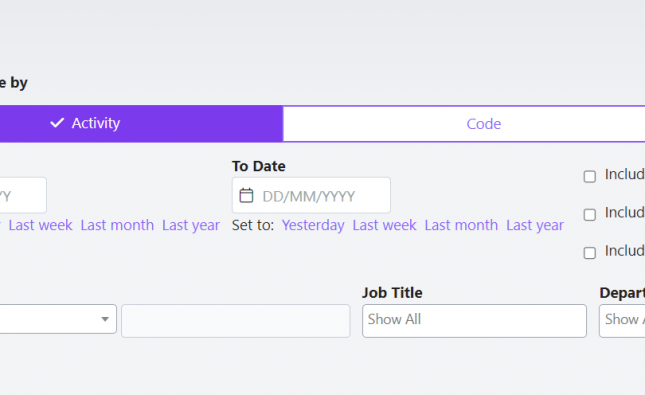DeltaNet International has revealed that there has been a significant jump in users taking courses in managing stress since the start of the pandemic. Following almost two years of a global pandemic, DeltaNet has analysed its learners to understand how organisations have prioritised stress management in the workplace.
Recent reports by Randstad UK highlighted that 69% of employees feel confident about moving to a new role in the next few months, with staff burnout being one of the predominant factors. According to DeltaNet’s analysis, it found a 33.4% increase in its ‘Managing Your Personal Stress‘ training course in 2021 compared to 2020, and a 40.4% increase in its ‘Managing Stress in Your Team‘ training course in 2021 compared to 2020.
“It’s great to see that organisations are increasingly supporting their employees with stress management training; however, support does not just stop there. Understanding and knowing how to spot the signs of stress is just the first step. Providing additional support with one-on-one discussions, encouraging staff to take a walk every day and teaching employees to take up mindfulness activities such as Yoga is important,” highlights Darren Hockley, Managing Director at DeltaNet International.
“Unhealthy stress leads to employee burnout, which is bad news. Organisations need to understand the reasons why employees feel stressed. Is it due to the workload? Is it due to the team being understaffed? Is it due to time management or deadline issues? Or is it simply due to the ongoing effects of the pandemic and personal worries?
“Business leaders must make it their priority to support their staff through these issues. Employees who don’t receive any support will soon feel that their organisation and line managers don’t care enough about them. Remember to treat employees as people – they are not just another number. Everyone has feelings, and the minute staff feel they are being overlooked or unsupported, especially with stress and mental health, is the quicker they will look for that support elsewhere.”
*Data analysed is for the Stress Management courses between Jan – Dec 2020 and Jan – October 2021.


